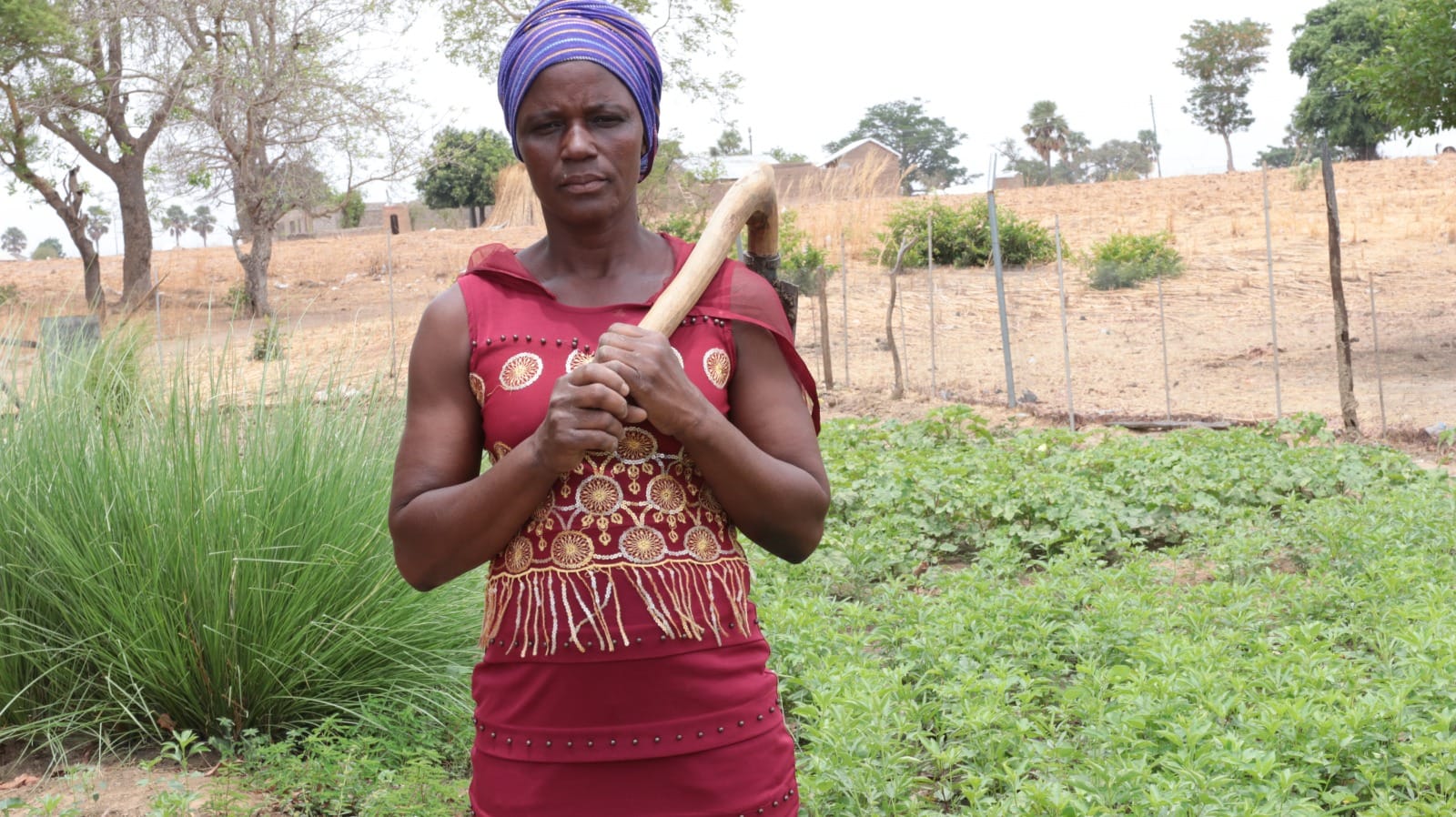The District Director of Education for Talensi, Christiana Ayinezoya Azure, has raised serious concerns about the increasing number of school dropouts and poor academic performance in the area, attributing much of the challenge to the growing lure of illegal mining activities (galamsey) among school-age children.
According to Madam Azure, many students registered for the Basic Education Certificate Examination (BECE) are failing to attend classes regularly, with some disappearing entirely after registration. In certain cases, school authorities have had to bar students from taking the exams due to chronic absenteeism.
“There have been instances where heads of basic schools have stopped children from writing the exams because they failed to attend classes after being registered,” she explained. This trend, she said, has become a major setback for education in the district.
Speaking during an interview on A1 Radio, she noted that parents are struggling to maintain control over their children, many of whom are turning to galamsey operations for quick financial gain. These children—often as young as 13—now earn their own income and have become financially independent, making it difficult for parents to enforce discipline or prioritize education. The allure of instant rewards continues to draw more children, particularly boys, away from the classroom and into mining pits, with some even flaunting their newfound wealth at home.
“They should reconsider the fact that the mining resources are just for today, but we are looking at the future,” she warned. “Those we are able to convince may think about it and return to school, but over time, they may lure many more to join them.”
The situation is even more dire for young girls, who are often lured to mining sites where they are camped—and in many cases—end up pregnant. Most of these girls are in Junior High School (JHS), between the ages of 13 and 16. While a re-entry policy exists to allow pregnant students to return to school, reintegration often requires extensive support from community leaders, schools, families, and even the girls’ partners.
“Because of our re-entry policy, we encourage them to come back to school with the pregnancy and still go through. Last year, for example, we had up to seven girls writing the BECE while pregnant,” she stated.
Despite these challenges, the district has seen some progress in BECE performance, though the results remain discouraging. Madam Azure noted that when she assumed office, the pass rate stood at 26 percent. This has since improved to 46 percent, but she insists the figure is still far from satisfactory, especially given the support from local authorities, including the District Chief Executive, the District Assembly, and Members of Parliament.
“For the past three years, I have never been able to clock 50 percent for the district. Even though we are making steady progress—I inherited 26 percent and moved to 46—it’s still not encouraging. I can’t imagine a district like this, where you have able teachers and strong support for education from the DCE, the District Assembly, and the MPs, yet we cannot reach 50 percent in BECE performance. That is worrying,” she lamented.
She emphasized that efforts are ongoing to reverse the negative trend. She has been engaging parents on the importance of playing active roles in their children’s education and has encouraged headteachers to revive Parent-Teacher Associations (PTAs) to foster stronger collaboration between schools and families.
“Education cannot be the sole responsibility of the government. Everyone who matters should contribute,” she stressed. “And I believe that what the district, through the Assembly, is doing—with the support of the DCE and the MP—we are making steady progress. I know that with every opportunity we get to sensitize children, parents, and stakeholders, we will see positive change.”
“I expect stakeholders—like the Assembly—to enact and enforce by-laws that set an age limit for children working in the mining pits. I know such laws exist; it’s just a matter of gazetting and enforcing them,” she added.
She also emphasized the need for collective responsibility in addressing the educational crisis, urging all stakeholders to take an active role in shaping a better future for children. Part of this strategy includes working with the District Assembly to implement and enforce by-laws that restrict minors from engaging in mining activities.
According to Madam Azure, with increased sensitization and greater community involvement, there is hope that more children will return to school and prioritize education over temporary economic gains. She remains optimistic that with the combined efforts of government, community leaders, schools, and families, Talensi—and Ghana as a whole—can achieve better educational outcomes and secure a brighter future for its youth.
“Everybody should come on board to ensure that our future leaders are well educated and supported in whatever way necessary to make education a better, more admirable path—so they can become responsible, useful citizens for Mother Ghana,” she concluded.
Source: A1Radioonline.com|101.1 MHz|Gifty Eyram Kudiabor|Bolgatanga













